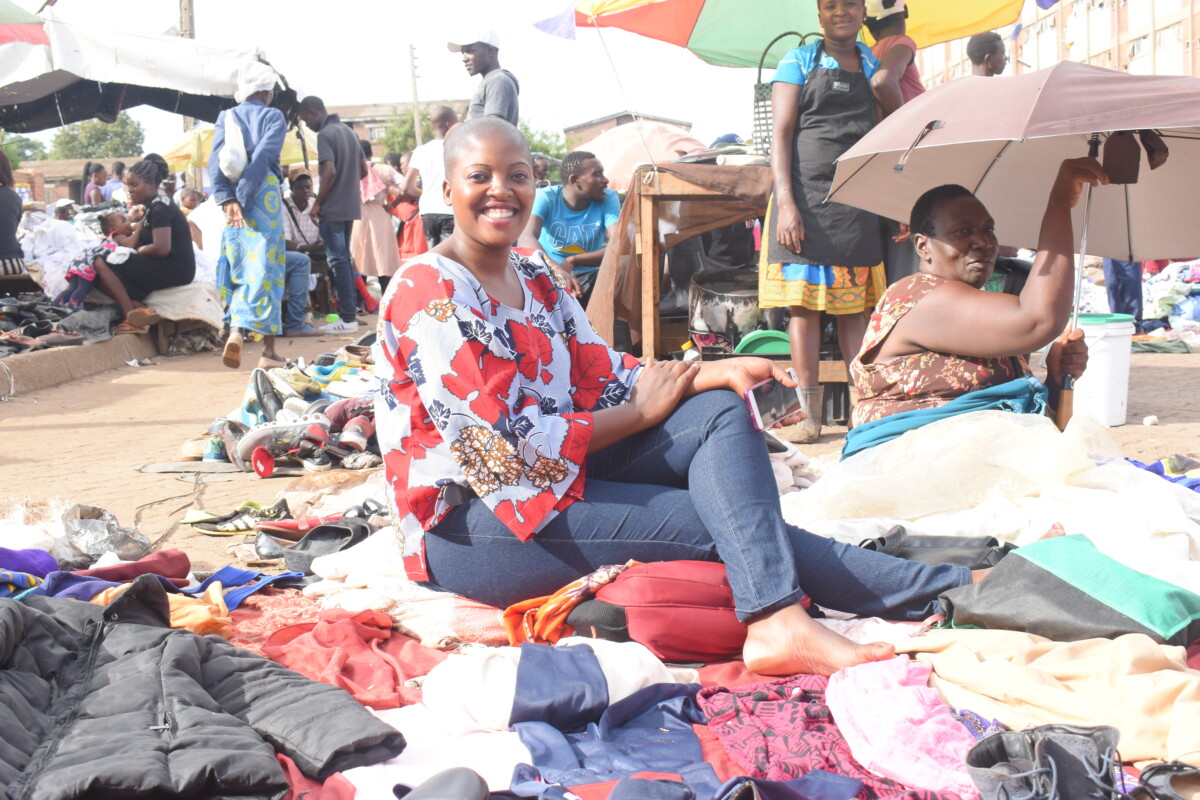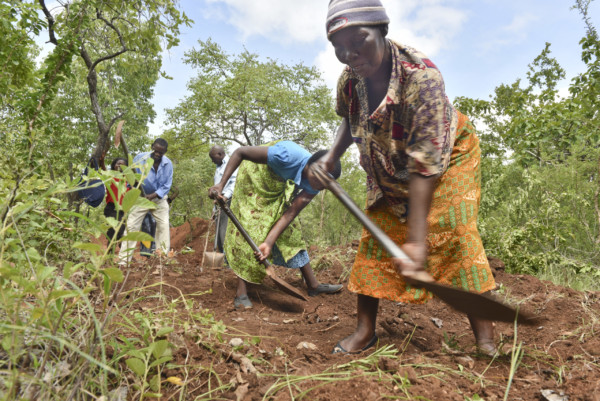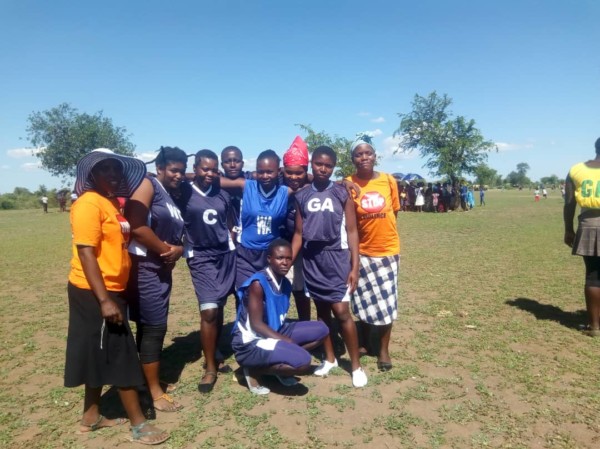Women and development
Women* have equal rights as men and contribute to all development processes. That is why the situation of women should be improved.
It is social conditions that give the impression that men play more important roles in improving the world: Since 1901, 90 men and only 17 women have been awarded the Nobel Peace Prize, and at the WEF, only 24% of the 3,000 invited guests were women.
Development needs gender equality
On the other hand, “gender inequality is one of the greatest obstacles to sustainable development, economic growth and poverty reduction”, as the SDC writes. The UN has therefore made gender equality a goal of the sustainability agenda (Goal 5): “We recognise that gender equality and the empowerment of women and girls make a crucial contribution to progress. Humanity cannot realise its full potential as long as half the people are denied their human rights and opportunities.” Science underpins these political statements.
Economic development: No growth without women
In 1984, the UN presented its first report on the role of women in development. At that time, the focus was still very much on women’s contribution to economic growth. Even then, the UN did not fail to notice that many labour-intensive production processes in the industrial sector were being relocated to the global South. In the special export zones, the share of women in industrial enterprises was often already over 80%. Women would also benefit from these shifts, but the report referred to the need to achieve improvements for women in the industrial sector. At that time, it was also already known that women play a huge role in agriculture and that the promotion of women in the agricultural production environment was therefore not only about gender issues, but also about “growth”. And then the report did not forget to insist on the need to give more weight to women in science and technology as well as in finance in order to strengthen development. Since then, much has happened – and yet somehow too little. Above all, new problems have been recognised. The latest 2019 report, for example, is about the role of women in unpaid work. You can find more on the economic issues here.
Social development
At fepa, however, we do not only believe in the role of women as an economic force. Women’s equality is a prerequisite for peace and dignity and thus also for sustainable development. Only when girls and women are allowed to develop freely and according to their potential in every respect do societies fully prosper.
This is why we have been advocating for women since the early 1960s – as part of our development and peace work. The fact that this work has always been strongly influenced by women is certainly one of the main reasons why fepa has always been sensitive to issues of women’s rights and the advancement of women. You can find out more about fepa and our commitment to women’s issues here. So, because our concept of development is broader than just economic development and growth, we believe that in a whole range of areas women not only have a role to play, but that we need to make important improvements in order to make development truly valuable.
Obstacles to the development of (young) women in Zimbabwe
Roswita Katsande, Director of the Zimbabwean Youth Organisation YETT describes the current situation for women in Zimbabwe thus:
“Women here are seen as responsible for the domestic sphere and are supposed to raise the children.
Young women in urban Zimbabwe encounter many difficulties on a daily basis that stem from an unequal power relationship between the sexes. They stand up for their communities, struggle daily for land, water, jobs and yet face systematic discrimination simply because they are women.
For women, this means sexual and physical violence, fewer opportunities to attend school, higher than average vulnerability to HIV, and lack of access to property and other rights.
Urban poverty is widespread in Zimbabwe and prevents women from accessing health care and education. As unemployment rises, so does violence against women.
Climate change reinforces unfair gender relations. Where there is a lot of poverty, the disadvantage of girls and women often increases. But climate change also has a very direct impact: Water shortages have a particularly strong effect on women and girls, as they bring the water home. The situation has been exacerbated by the nationwide energy crisis, as high fuel prices have led to increased use of firewood, which women also have to search for.
In all this, women have too little say. Where decisions are made in political structures, for example, women remain marginalised.”
Reading tip
Over the years, the discussion has moved from “women and development” to “women in (development) processes” to “gender and development”. Under the latter title, a journal worth reading has existed for 25 years.



